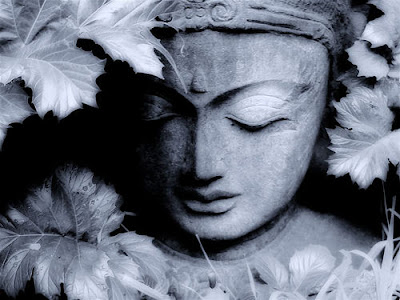Listen to me as one listens to the rain,
not attentive, not distracted,
light footsteps, thin drizzle,
water that is air, air that is time,
the day is still leaving,
the night has yet to arrive,
figurations of mist
at the turn of the corner,
figurations of time
at the bend in this pause,
listen to me as one listens to the rain,
without listening, hear what I say
with eyes open inward, asleep
with all five senses awake,
it’s raining, light footsteps, a murmur of syllables,
air and water, words with no weight:
what we are and are,
the days and years, this moment,
weightless time and heavy sorrow,
listen to me as one listens to the rain,
wet asphalt is shining,
steam rises and walks away,
night unfolds and looks at me,
you are you and your body of steam,
you and your face of night,
you and your hair, unhurried lightning,
you cross the street and enter my forehead,
footsteps of water across my eyes,
listen to me as one listens to the rain,
the asphalt’s shining, you cross the street,
it is the mist, wandering in the night,
it is the night, asleep in your bed,
it is the surge of waves in your breath,
your fingers of water dampen my forehead,
your fingers of flame burn my eyes,
your fingers of air open eyelids of time,
a spring of visions and resurrections,
listen to me as one listens to the rain,
the years go by, the moments return,
do you hear the footsteps in the next room?
not here, not there: you hear them
in another time that is now,
listen to the footsteps of time,
inventor of places with no weight, nowhere,
listen to the rain running over the terrace,
the night is now more night in the grove,
lightning has nestled among the leaves,
a restless garden adrift—go in,
your shadow covers this page.
~ Octavio Paz
translation by Eliot Weinberger
























.jpg)











